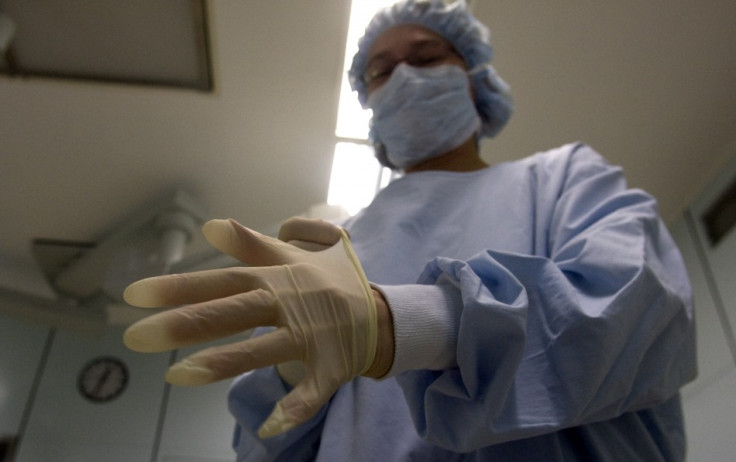New Study Unleashes Potential Revolution in Stem Cell Research

In what is seen as a new era in stem cell biology, scientists have easily changed a differentiated cell back to an embryonic-like state by altering its environment.
The new method does not involve any genetic engineering, so is expected to be much safer in tissue replacement therapies.
For the study, led by Dr Haruko Obokata from the RIKEN Centre for Developmental Biology in Japan, and published in Nature, Obokata and her team took skin and blood cells of mice and bathed them in weak acid solution for around 30 minutes.
Lack of oxygen and acidic environment induced trauma in the cells, "almost to the point of death", scientists told Reuters.
Subjected to this stress, some of the cells lost their differentiated identity and produced gene markers typical of early embryos.
The cells not only survived but also naturally reverted to embryonic-like state in a special growth-promoting culture medium.
When injected into mice embryo, the cells were shown to contribute to specialised body tissue of newborn mice.
Dr Obokata has named the new method as "Stap" or stimulus-triggered acquisition of pluripotency.
Pluripotent cells can differentiate and mature into different types of tissue depending on the environments they are put in.
Induced pluripotent stem technique (iPS ) used to turn back the developmental clock of genes in cells requiring genetic manipulation. This is achieved by injecting foreign genes into the cell, but involves a high risk of triggering tumour growth.
Radical and game-changer
The experiment was not carried out on adult cells, but on differentiated cells from newborn mice. So, a lot of research needs to be done before the potential benefits of this method outweigh those of iPS, the scientists say.
Yet, the whole idea is seen as radical and is being described as a game-changer by experts in the field.
"It's amazing. I would have never thought external stress could have this effect," says Yoshiki Sasai, a stem-cell researcher at the RIKEN Center.
It took Obokata five years to develop the method and persuade Sasai and other researchers that it works.
"Everyone said it was an artefact, there were some really hard days," Obokata told Nature.
Scientists still have a long way to go before the technique is successfully used in personalised medicine.
"It is going to be a while before the nature of these cells are understood, and whether they might prove to be useful for developing therapies, but the really intriguing thing to discover will be the mechanism underlying how a low pH shock triggers reprogramming. And why it does not happen when we eat lemon or vinegar or drink cola", Professor Robin Lovell-Badge, from MRC National Institute for Medical Research in London, told Huffington Post.
Nature offers various examples of environment altering genetic expression. But until now, no mammalian cells had been found to reprogramme to "blank" state by simple environmental factors.
Earlier studies have shown skin cells of frog changing to brain tissue on exposure to acidic conditions.
In plants, environmental stress is known to reprogramme mature cells to embryonic-like cells capable of growing into new extensions including roots and stalks.
© Copyright IBTimes 2025. All rights reserved.





















